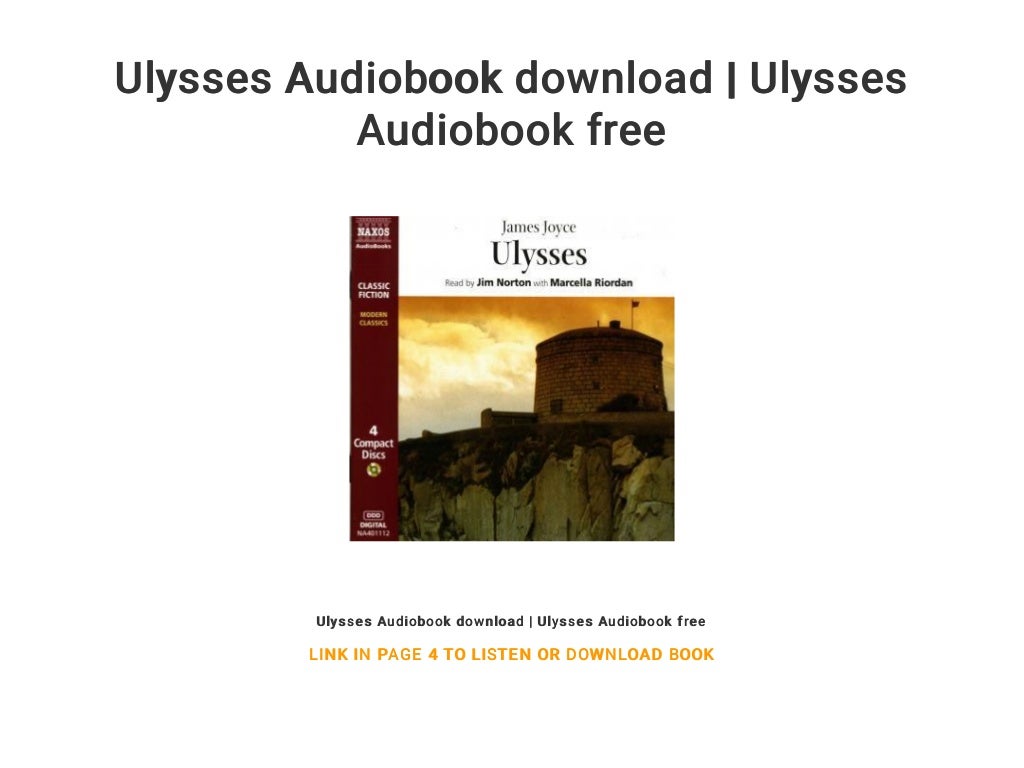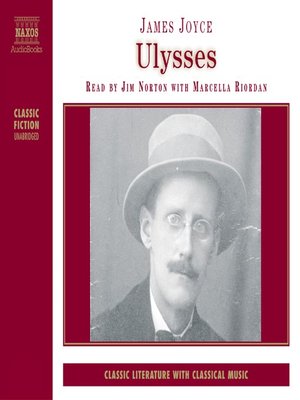

Entire chapters roll by filled with wordplay so dense that the result teeters on the edge between language and gibberish. There is more than a bit of Dedalus’ fatal hubris on display in Joyce’s unbridled literary ambition. One of the main characters in Ulysses carries the surname Dedalus, a reference to the ancient inventor whose attempts at human flight caused him to lose his son, Icarus. Of course, soaring to extreme heights has its risks. If Trump’s command of English represents a linguistic nadir, then Joyce’s writing in Ulysses can be seen as a soaring attempt to sum up everything that language can do. As a point of comparison, Donald Trump used a vocabulary of 526 words in delivering his 2017 inaugural address.

One analysis of Ulysses has determined that Joyce used 30,200 distinct words in writing the book. The factual and descriptive granularity of the text is but one aspect of the encyclopedic nature of the novel. Whatever one may think of the novel, the specificity with which Joyce recreates geographic and historic details surrounding one place and time is breathtaking-a feat all the more astounding when one considers that the author was mostly writing from self-imposed exile on the European continent.

Ulysses documents a little more than one day in the life of a collection of characters in Dublin. There are chapters that mimic the layout of newspaper articles, or that take the form of a play or a questionnaire. In formal terms, the book is relentlessly experimental. Perhaps it goes without saying that Joyce was committed to capturing the inner thoughts of his characters on the page, for anyone with a passing acquaintance with his work will be familiar with his penchant for writing torrents of stream-of-consciousness reflections. All of these preoccupations are very much in evidence in Ulysses. Though the term “deconstruction” is associated with the intellectual movement that followed modernism, it was in fact the modernist writers who made a point of deconstructing narrative forms and the authorial voice. Among the many features of modernism were a deep interest in psychology and a laying bare of the creative process. Ulysses is a good litmus test for determining a reader’s devotion to what might be called “the modernist project.” The novel is a crucial document in the revolution that swept through the arts in the early 20th Century.
#Best audio book ulysses full#
If you know absolutely nothing about Ulysses, what follows might contain some spoilers, though I would imagine that even the novel and the author’s staunchest defenders would scoff at the notion of spoiling a novel so full of puzzles and so slight on narrative drive. Kayleigh's work has brought a new dimension to the recording, and I am eternally grateful." Famed for its lack of punctuation and rambling nature, this iconic piece of writing is beautifully interpreted and sensitively portrayed. "I would like to add a special note of thanks and admiration to the wonderful reading of Molly Bloom's soliloquy, given by Kayleigh Payne. "I've tried to bring out the Dublin wit and the unique language of its people, and I hope that this adds to the enjoyment of this great book. It's a book for everyone, and as you become familiar with the way Joyce writes, this becomes obvious. You don't need a university degree (though some like to think that you do!). "Some parts of the book are more difficult than others, but I found that every word had its place, and with a bit of effort and research it came to life. While the city has moved with the times, it's still unavoidable to get the sense of Joyce's Dublin even now. Hospital some 60 years after the Oxen of the Sun episode was set there. I kept coming across phrases from the book in real life. Almost everywhere I went in Dublin, Joyce was there. "Being a Dubliner and having the privilege of walking the pages of this book daily, it became a world that absorbed me totally. However, after about four episodes I started recording it and became hooked. Having already recorded Dubliners and Portrait (and being terrified of Ulysses), I decided to give myself a year just to read it. Little did I know then what an unforgettable 18 months lay ahead. Narrator Tadhg Hynes: "I first decided to record Ulysses in October 2015.


 0 kommentar(er)
0 kommentar(er)
